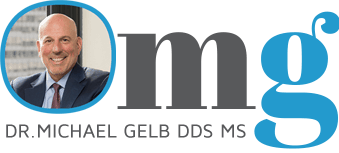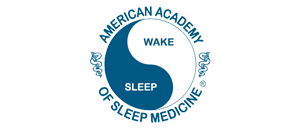
The term AirwayCentric® was coined by Dr. Michael Gelb and Dr. Howard Hindin to give both healthcare practitioners and the public a new way of looking at dentistry and healthcare. Dr. Gelb practices AirwayCentric® Dentistry; if the airway is compromised and sleep is disturbed or fragmented, it must be recognized and adeptly managed.
Compromised airways can be expressed as mouth breathing, snoring and sleep apnea as early as in the first year of life. As adults, narrowed airways can lead to intermittent hypoxia (low oxygen) and sleep fragmentation which can result in:
- Systemic Inflammation
- Oxidative Stress
- Metabolic Dysregulation
- Endothelial Dysfunction
- Hypercoagulability
- Sympathetic Activation
- Daytime Sleepiness
- Left Arterial Enlargement
Sleep fragmentation and repeated arousals can also lead to neurocognitive deficits such as mild cognitive impairment, dementia, memory problems, difficulty concentrating, reduced psychomotor performance and decreased vigilance.
Airway enhancement can be achieved with the treatment of allergies, adenotonsillectomy, palatal expansion and mandibular advancement, as well as myofunctional therapy and occupational therapy. Breastfeeding also enhances airway development and immune system development, resulting in smaller tonsils and adenoids. AirwayCentric® Orthodontics is non-retractive and builds the face and teeth around an open airway.
In the past, CPAP was the only tool sleep centers had to offer for OSA. Today, based on experience and research, oral appliances have emerged as a viable option for mild and moderate apnea, UARS and even severe sleep cases where CPAP has been unsuccessful. Collaboration with ENTs has enhanced treatment success, allowing ideal nasal breathing. Hypoglossal nerve stimulation is also an option for moderate and severe cases who have failed CPAP.



































































